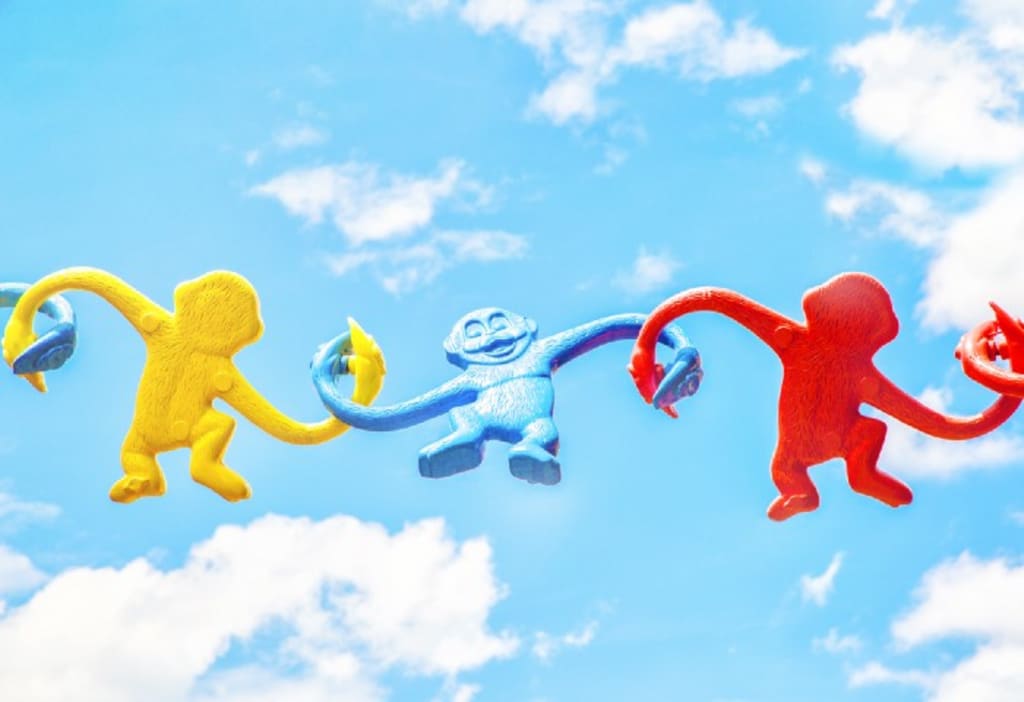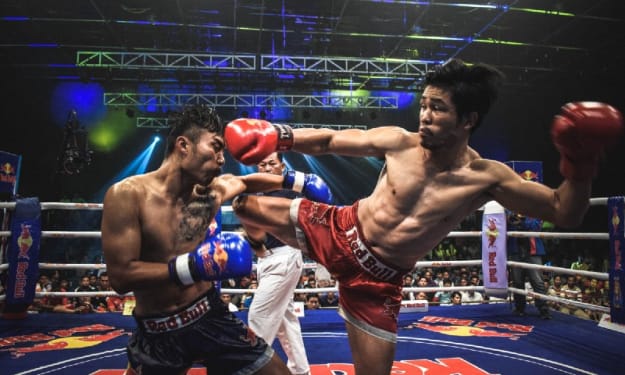Why You Should Not Be A Lone Wolf Online
Imagine a troll is after you. He does everything to destroy your reputation and reports your account to the platforms you publish on. What do you do then?

If you are banned as an individual from a platform like Facebook, Twitter, or Medium, you have almost no chance to get your account back.
When you are alone
As soon as a troll claims that you are breaking the rules or harassing other users, your account will be banned.
The platforms protect themselves legally in order not to have to expose themselves to the accusation of inactivity.
From the point of view of the platform operators, this procedure is understandable. If the accusations are correct, but the platform does not react immediately, it could be sued.
This is why it is so easy for trolls to cause damage. I have seen authors being denounced at Amazon Kindle Support for allegedly having illegal content in their books.
I have seen Facebook censorship of posts that clearly did not violate current standards, and that users who posted these posts were banned for weeks.
We have just seen the latest example of what one single toxic person can do. The Medium publication Illumination was blocked, and the personal account of the founder was also blocked.
Usually, the decisions of the platform operators are final. Once a ban has been imposed, it usually remains in place. Platform operators do not engage in discussions.
For example, if you lose your Amazon account, you will never get it back. Authors to whom this happens are ruined.
Now, of course, such measures are often justified. If you really violate community standards massively, you should lose your account. Online communities need neither fraudsters nor extremists or toxic personalities in their midst.
Much more common, however, are cases where users are reported for tactical and malicious purposes. When this happens, some innocent victims cannot defend themselves against the platforms.
It is always believed the one who makes an accusation. A defense of the accused will not be heard.
When you are part of a community
To return to the example of the attacked Medium Publication Illumination: Here, too, there was a single troll that discredited the founder of the publication with the platform.
He and his publication were accused of discriminating against and threatening a user. The troll could not provide proof because there was simply none, but Medium took the personal account and the entire publication offline anyway.
Typically, the matter would have been settled. The testimony of the alleged victim would still have been believed. The accused would have had to provide evidence that the accusations were false, which is, of course, impossible.
How can you prove that you didn't do something? At the same time, the troll is not required to prove his or her accusations. The accused, therefore, has no chance of ever getting his account back.
But this time things turned out differently. The authors, editors, and readers of Illumination started a massive campaign and lobbied the platform to lift the ban on Illumination.
Dozens of e-mails and articles were written. All of them assured the platform that the accusations made were baseless. But more importantly, all those involved acted as character references for the integrity of the accused founder.
The articles and calls were also shared hundreds of times on Facebook, Twitter, and LinkedIn. A broad public was thus informed about what was going on.
In fact, the unthinkable happened. After just over twenty-four hours, both Illumination and the profile of its founder were back online.
The many expressions of solidarity and the constant presence of the topic in the net public made an impact.
Conclusion: Community protects
The example of Illumination shows that it is invaluable to be part of a solidary and robust community. An individual's voice is all too easily ignored, but hundreds of voices speaking out for each member of the community are not so easy to ignore.
If no one is willing to speak for you and stand up for you, you will have to fend off all attacks on you alone. In many cases, you will not be able to do this.
But if you are a valuable and active part of a community, many people will be willing to stand by your side in case of an emergency.
It is risky to be a lone wolf on the Internet.
Connect with other like-minded people and collaborate with them. Don't ask first what the community can do for you, but be valuable to the other members yourself.
Support your friends, do them good and help them grow.
All that comes next is karma.
About the Creator
René Junge
Thriller-author from Hamburg, Germany. Sold over 200.000 E-Books. get informed about new articles: http://bit.ly/ReneJunge






Comments
There are no comments for this story
Be the first to respond and start the conversation.